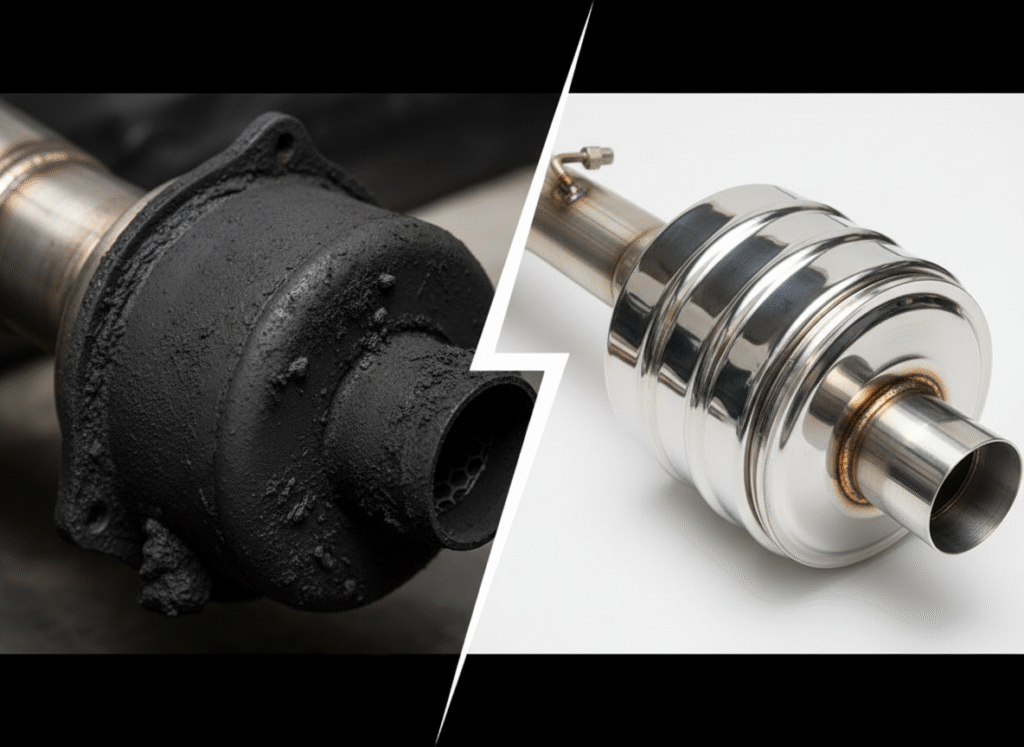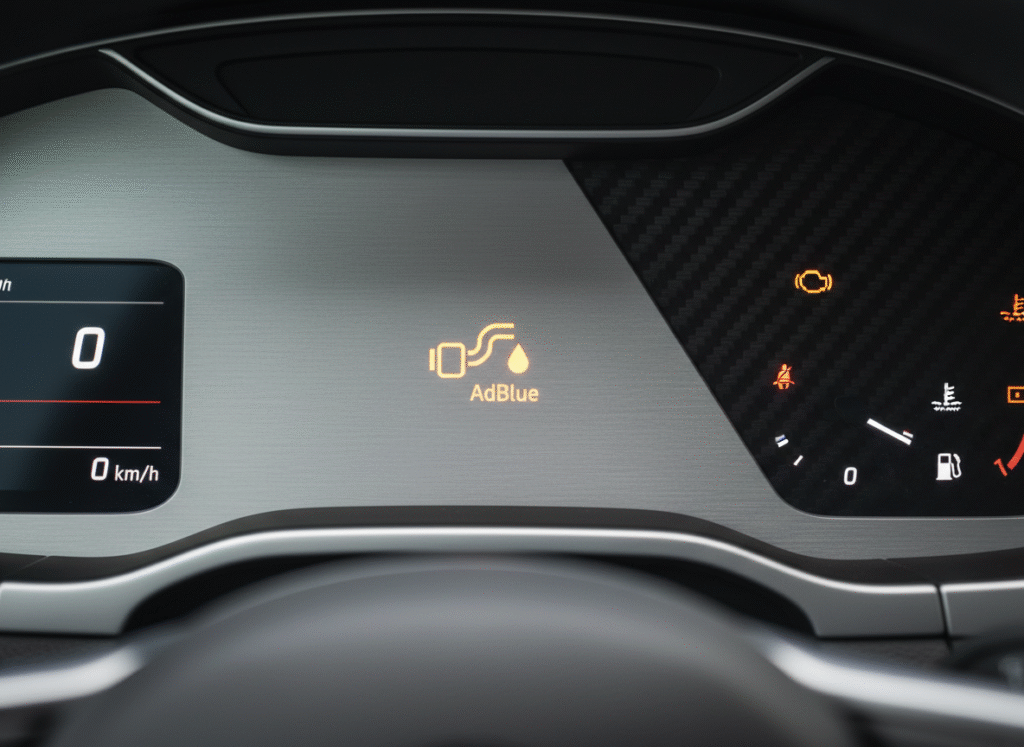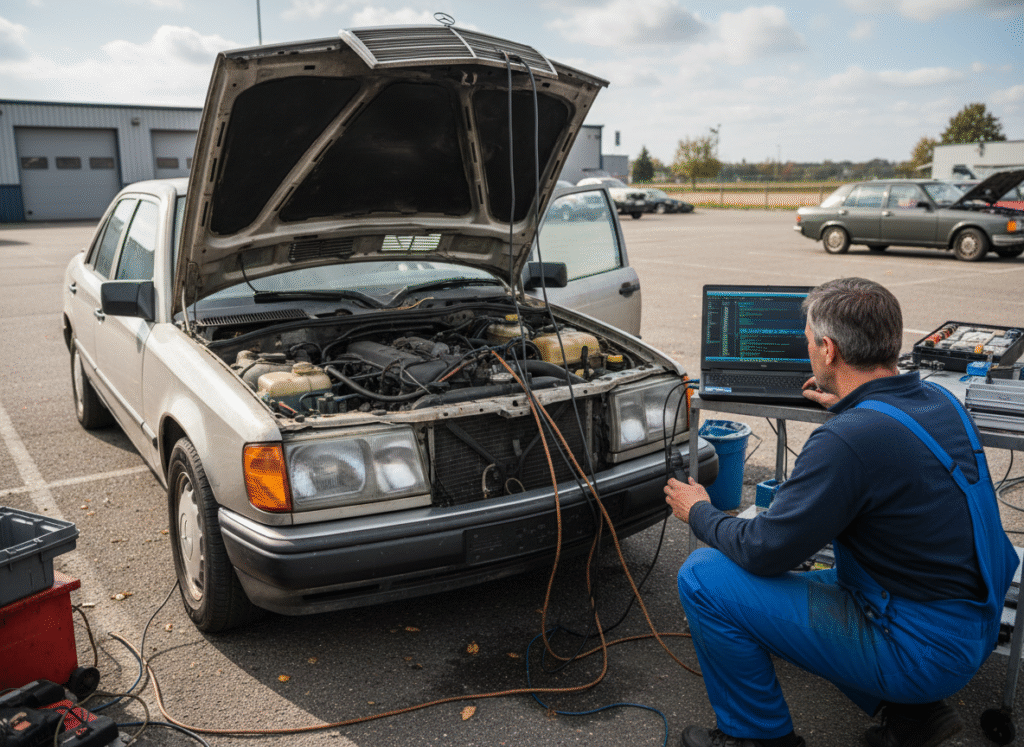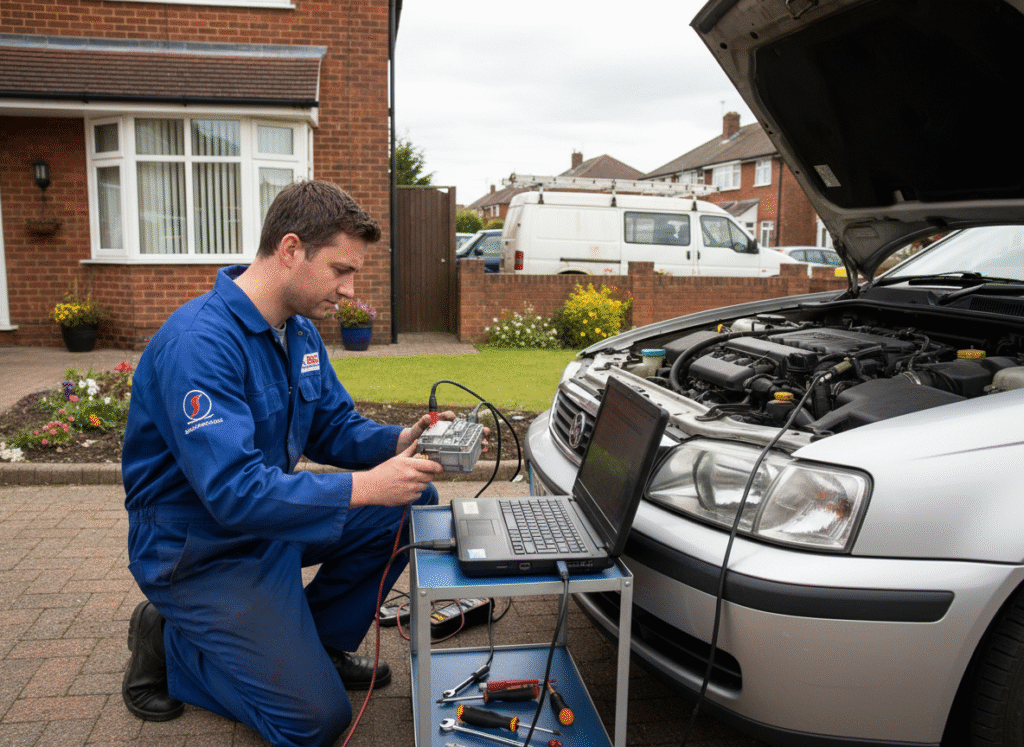When it comes to ECU remapping, one of the most common questions we hear at Leicester Remaps is: “Will it affect my car long-term?” The short answer is no — not when the work is done correctly. After tuning hundreds of vehicles across Leicestershire, here’s what long-term remap reliability really looks like.
How a Remap Affects the Engine Over Time
An ECU remap doesn’t change the engine mechanically — it fine-tunes how it performs. Adjustments to boost pressure, torque limits, and fuel timing help unlock power that’s already there. When done professionally, these changes stay within the manufacturer’s safe tolerances.
For example, our Stage 1 remap focuses purely on software. No turbo swaps or injector upgrades. That’s why it remains one of the safest ways to improve drivability without harming reliability or emissions compliance.
Real Data from Leicester Customers
Over the last five years, we’ve remapped hundreds of diesel and petrol vehicles — from small hatchbacks to large vans. Follow-up diagnostics show consistent results:
- No engine warning lights triggered after tuning
- Stable fuel trims and injector balance readings
- Reduced DPF regens due to cleaner combustion
- Improved fuel economy of 5–12% on average
That’s why all our work comes with a lifetime software warranty — we’re confident in every map we write.
What Can Cause Remap Problems?
When done incorrectly, remapping can cause issues like over-fuelling or turbo stress. These problems usually come from generic “off-the-shelf” files not designed for your specific car or ECU version. That’s why we only use custom-written calibrations and verify results on live data before handing the car back.
If your car already has engine faults, such as a blocked DPF or sticking EGR valve, we fix those first. Check our EGR solutions and DPF solutions pages for details.
Do I Need to Service the Car More Often?
After a remap, your service schedule stays the same — but regular maintenance becomes more important. We recommend:
- Oil and filter changes every 8–10k miles
- Air filter replacement annually
- Fuel system cleaner every 6 months
- Turbo and boost hose inspections yearly
Following these steps ensures your tuned engine continues to perform at its best for years to come.
Will a Remap Affect MOT or Insurance?
Our tuning software is fully MOT-safe. Unlike DPF or EGR deletes, which can trigger automatic MOT failures, performance remaps stay within emission standards. During testing, your vehicle will pass as normal — provided its emissions system is intact and healthy.
As for insurance, it’s best to declare your remap to your provider. Many insurers accept ECU remaps if done by IMI-accredited technicians like ours, especially when the work improves efficiency and emissions.
Five-Year Case Study: 2018 VW Golf 2.0 TDI
One of our first Leicester customers had their Golf remapped back in 2020. The car’s mileage has since doubled, now at over 150,000 miles. The owner reports consistent torque, fewer regens, and improved economy — all without a single DPF or turbo issue.
This is proof that with proper mapping and regular servicing, a remap enhances reliability rather than reduces it.
FAQs About Long-Term Remapping
Can a remap damage my engine in the long run?
No. We never exceed safe limits for boost, fuel pressure, or EGT. Our calibrations keep your engine within manufacturer tolerances.
Will the remap wear out my clutch or gearbox?
Torque increases are controlled within safety margins. For high-mileage vehicles, we can limit torque to protect drivetrain components.
What happens if my dealer updates the ECU?
If a dealer overwrites your software, we reapply the remap free of charge under our lifetime software warranty.
Reliable Tuning. Real Results.
Looking for proven, long-term results? Leicester Remaps offers safe, MOT-compliant ECU remapping across Leicestershire. From Stage 1 performance maps to diagnostic solutions, every tune is written to last.
Book your mobile ECU remap today or visit our contact page to get started.
07849 475153 leicesterremaps@gmail.com
















